Iran has been accused of orchestrating a covert campaign of violence and intimidation against dissidents and critics living abroad, allegedly recruiting criminal gangs and underworld figures to carry out assassinations and kidnappings across Europe and the United States.
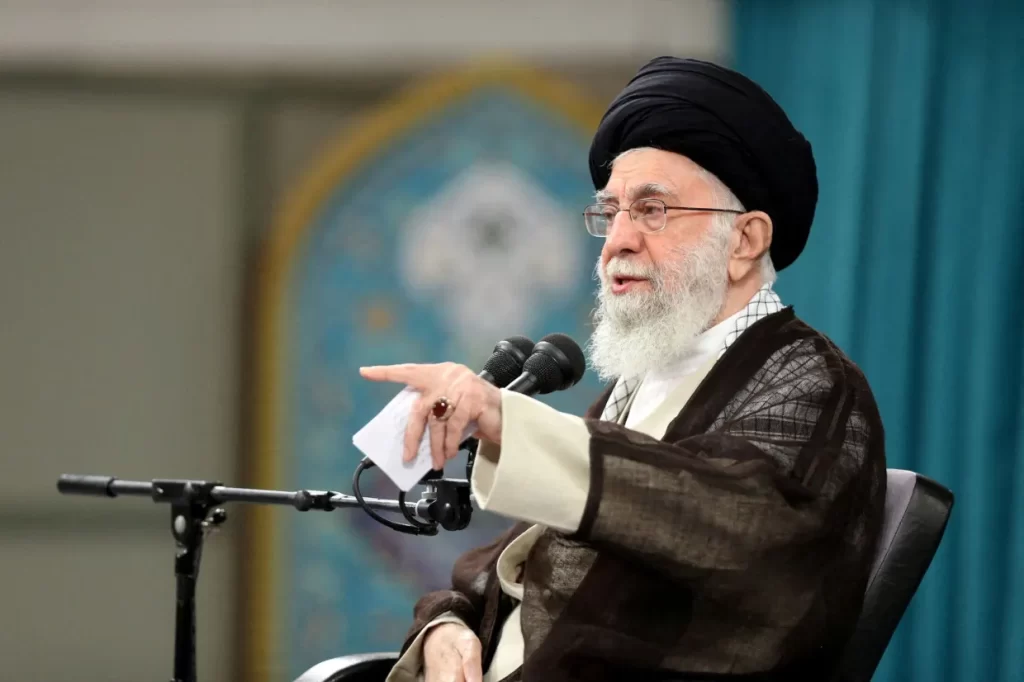
An investigation by the Washington Post has uncovered evidence suggesting Tehran’s involvement in plots targeting a diverse range of individuals, including a former Iranian military officer in exile, an Iranian American journalist in Brooklyn, women’s rights activists in Switzerland, LGBTQ+ activists in Germany, and journalists working for Iran International in London.
The MI5, Britain’s domestic intelligence agency, has linked Iran to more than a dozen assassination and kidnap plots on UK soil over the past two years. These incidents are part of a broader campaign of intimidation aimed at silencing critics of the Iranian regime.
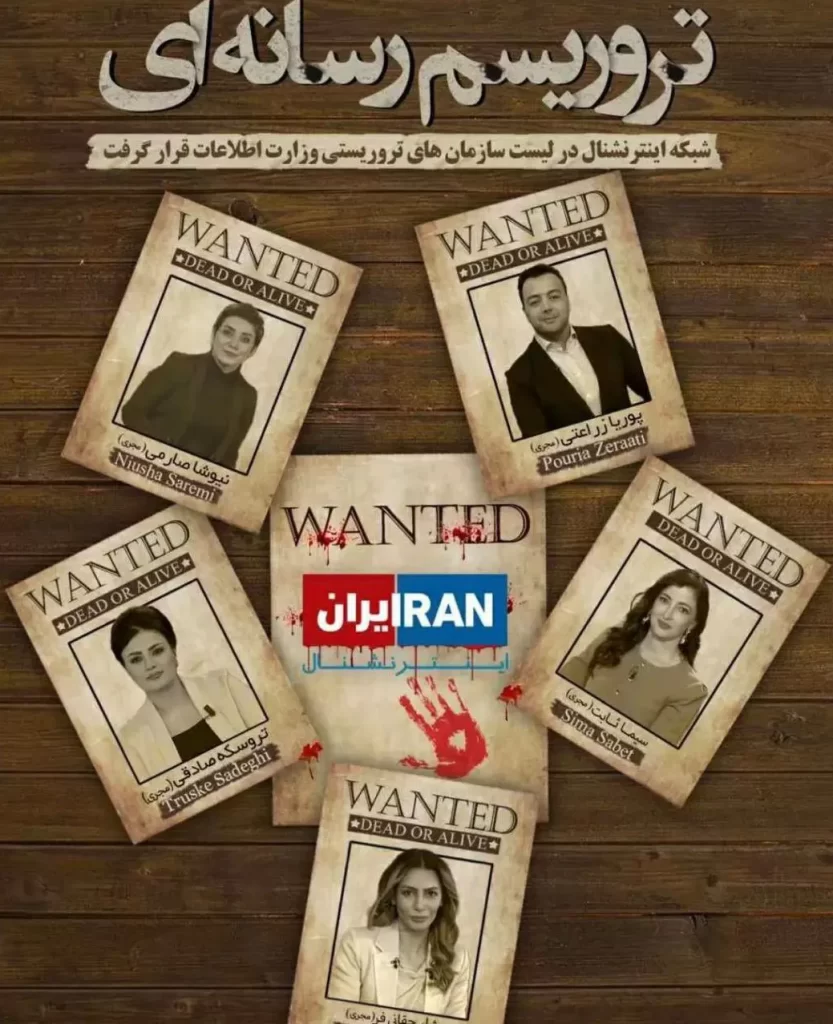
Among the criminal elements reportedly enlisted by Iran are members of the Hells Angels motorcycle gang, the Russian mob known as “Thieves in Law,” and various other criminal syndicates. This strategy marks a significant shift in Iran’s approach to silencing opposition, moving away from direct action by state agents to the use of criminal proxies.
One high-profile case involves Dr. Alejo Vidal-Quadras Roca, former vice-president of the European Parliament, who was shot in the face outside his Madrid apartment in November. Vidal-Quadras has accused Tehran of orchestrating the attempt on his life, which left him with a shattered jaw requiring reconstructive surgery.
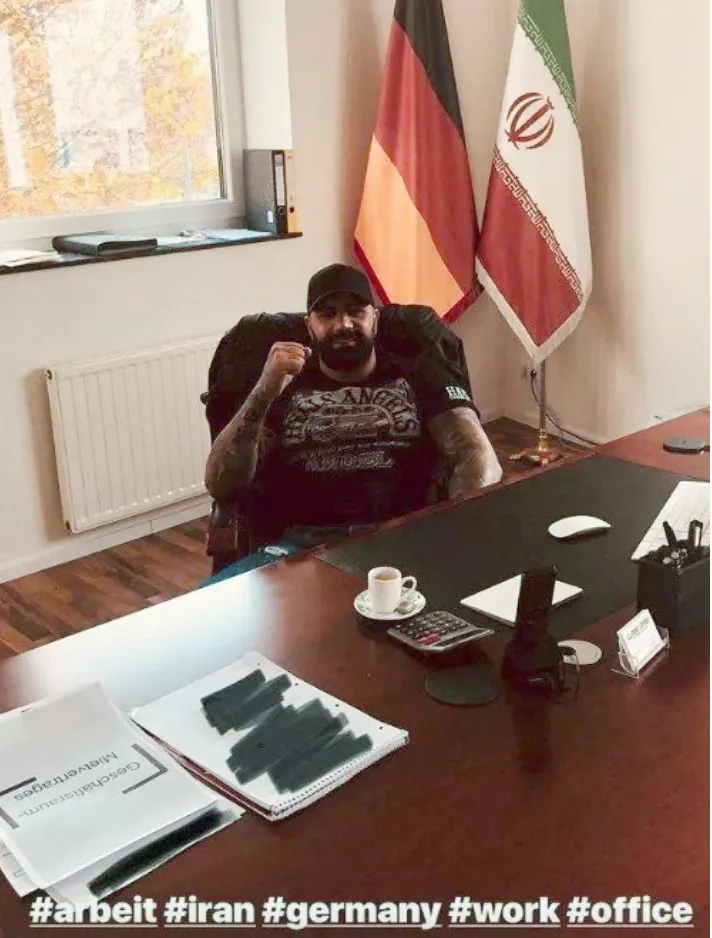
In another incident, German authorities suspect Iran of recruiting a fugitive Hells Angels boss, Ramin Yektaparast, to organize terror attacks on synagogues. Yektaparast, wanted in Germany for a gangland murder, fled to Tehran in 2021 and is believed to have deep ties with the Iranian Revolutionary Guard.
The reach of these alleged plots extends to the United States. John Bolton, former U.S. national security adviser, claims Iran attempted to pay someone $300,000 to either kidnap or kill him on American soil. Similarly, U.S. authorities have charged two Canadian citizens, both with ties to the Hells Angels, for plotting an assassination on behalf of Iran’s Ministry of Intelligence.
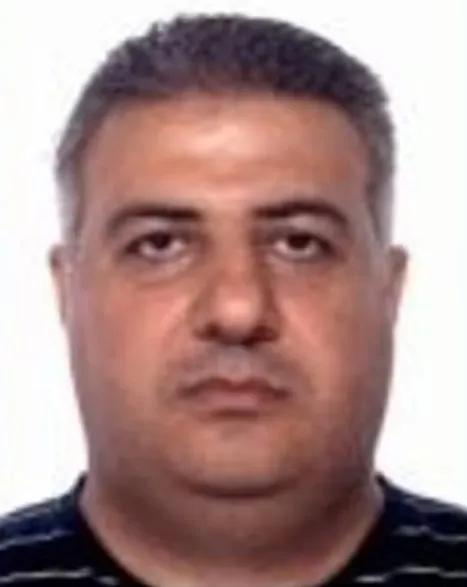
In the UK, the threat has been particularly acute. Pouria Zeraati, an Iranian TV journalist working for Iran International in London, was stabbed outside his home earlier this year. The attack, which Zeraati described as a “warning shot” from Tehran, has led to calls for the UK government to declare Iran’s Revolutionary Guard a terrorist organization.
A report by Reporters Without Borders (RSF) found that almost half of the journalists covering Iran from the UK reported being physically or verbally harassed in the past five years. Threats have ranged from death threats via text messages to suspicious packages designed to look like they contained anthrax.

The involvement of criminal gangs in these plots presents a unique challenge for law enforcement and intelligence agencies. It blurs the lines between state-sponsored terrorism and organized crime, making it more difficult to track and prevent such attacks.
As tensions in the Middle East continue to escalate, experts fear that Iran may intensify its clandestine activities in the West. The situation has raised concerns about the safety of Iranian dissidents and critics living abroad, as well as the broader implications for international security.
Western governments are now grappling with how to respond to this evolving threat. Calls for stronger sanctions against Iran and its Revolutionary Guard have increased, as has pressure for improved protection measures for potential targets living in exile.
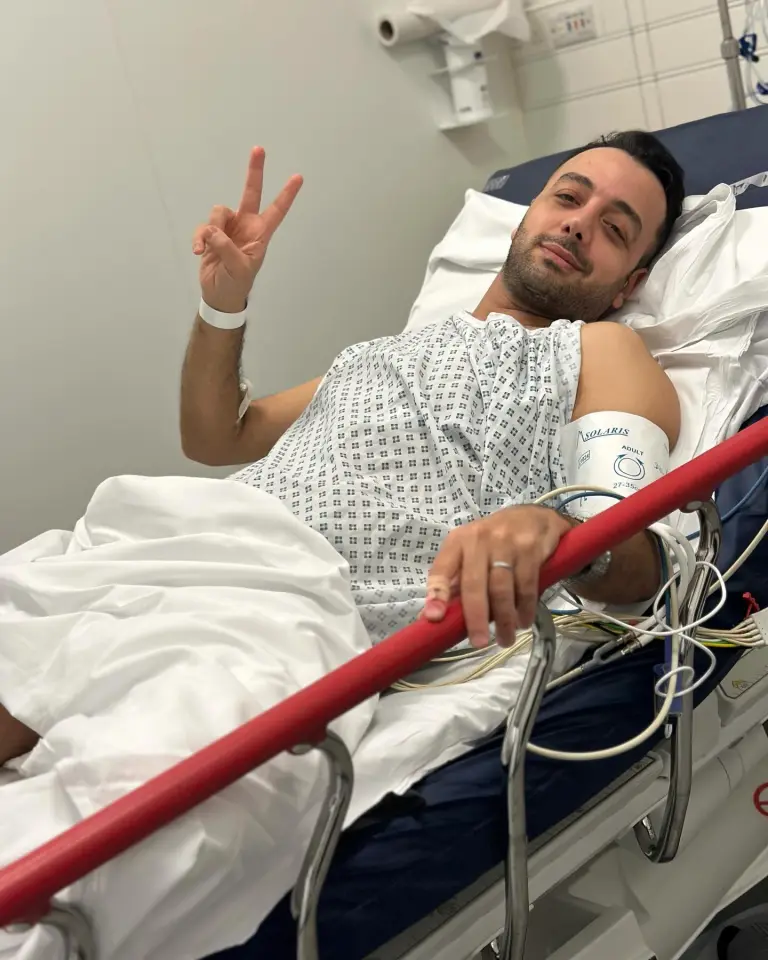
As investigations continue, the full extent of Iran’s alleged network of criminal proxies remains unclear. However, the emergence of this tactic represents a significant evolution in the methods employed by state actors to silence opposition beyond their borders, posing new challenges for international law enforcement and diplomatic relations.
Source: the.sun.com



